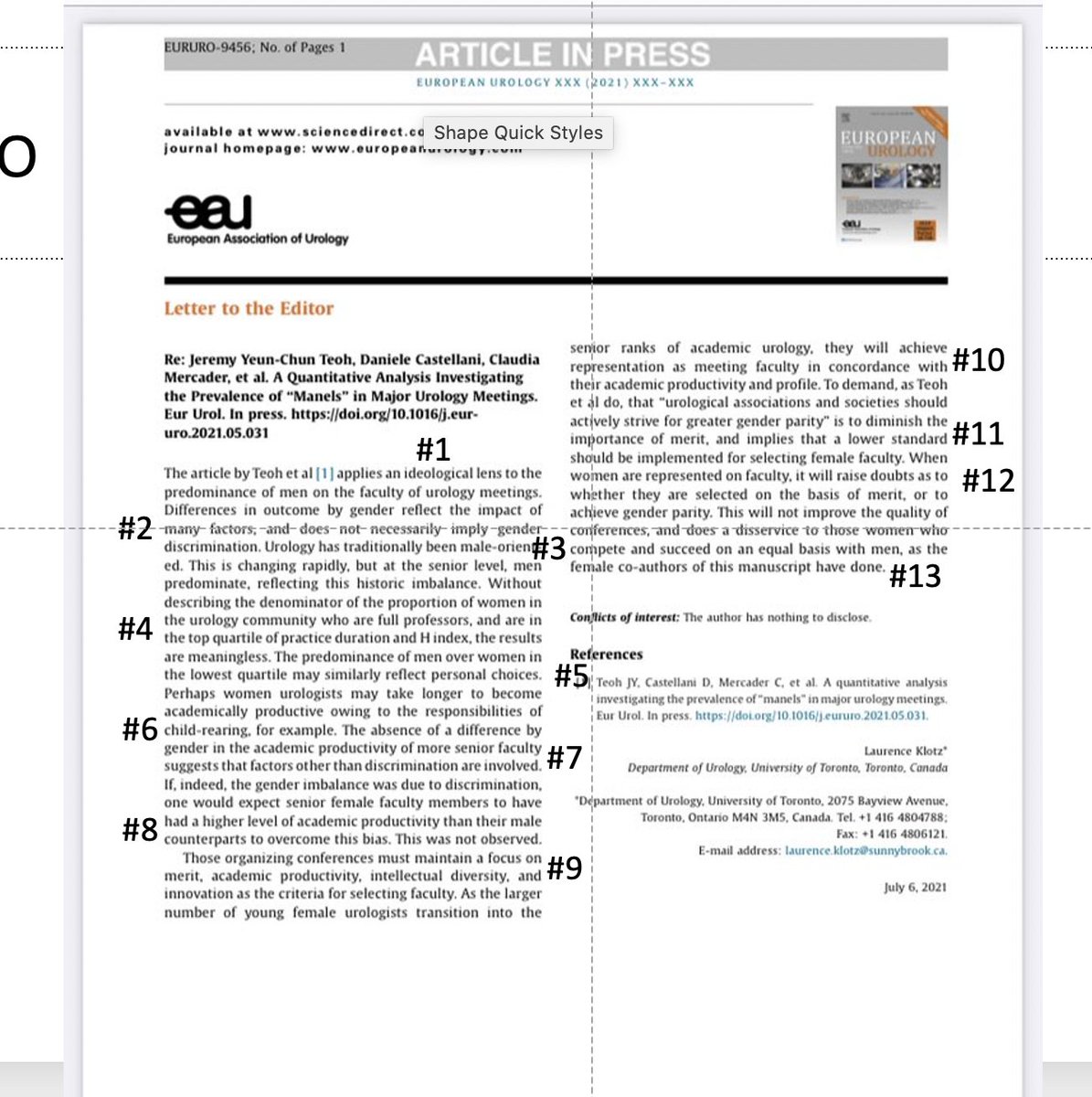
“We care more about the crazy, insane members of Times Up Healthcare???”
This is what Roberta Kaplan apparently thought of us a few months ago when we stood up for survivors and ultimately resigned. A long 🧵explaining the news..
1/
This is what Roberta Kaplan apparently thought of us a few months ago when we stood up for survivors and ultimately resigned. A long 🧵explaining the news..
1/
Many of us resigned bc the organization clearly did not, despite its purported mission, prioritize survivors.
This piece, by @jodikantor, @arya_sundaram, @melenar, & @caranyt, is the latest in a series of articles about TU after the Cuomo debacle.
2/
This piece, by @jodikantor, @arya_sundaram, @melenar, & @caranyt, is the latest in a series of articles about TU after the Cuomo debacle.
https://twitter.com/jodikantor/status/1429145448271552514?s=21
2/
In case you’ve missed them, here are some highlights.
When the attorney general’s report on Cuomo came out, early reporting by @jodikantor @arya_sundaram delineated Roberta Kaplan and Tina Tchen’s roles in supporting Cuomo’s efforts to defend himself...
3/
When the attorney general’s report on Cuomo came out, early reporting by @jodikantor @arya_sundaram delineated Roberta Kaplan and Tina Tchen’s roles in supporting Cuomo’s efforts to defend himself...
3/
...and undermine the first survivor who came forward. (Kaplan was then the chair of TIME’S UP, and Tchen is its President and CEO)
nytimes.com/2021/08/07/nyr…
4/
nytimes.com/2021/08/07/nyr…
4/
This, by @agrenell, is 🔥. “it’s right on brand for an organization of women that cozies up to patriarchy, not only failing to call for Cuomo’s resignation when Boylan and Bennett first came forward but also suggesting that he investigate himself.”
5/
https://twitter.com/cynthianixon/status/1423046492621656065?s=21
5/
>144 survivors wrote this open letter to TU, calling for change at the organization & outlining its numerous missteps including belittling survivors and creating a workplace filled with secrecy and allegiances to people in power rather than survivors.
aturkos.medium.com/enough-is-enou…
6/
aturkos.medium.com/enough-is-enou…
6/
(Side note: those of us who had resigned expressed solidarity with the survivors in this letter of support.
7/
https://twitter.com/arghavan_salles/status/1424745846759858177?s=21)
7/
In the aftermath of all this, Kaplan resigned from TU. Btw Kaplan was, at the time, representing one of Cuomo’s staff members, Melissa DeRosa, who herself resigned even before Cuomo did. #ConflictOfInterest
8/
8/
Since Kaplan’s resignation, Tchen has denied knowing the extent of Kaplan’s involvement with Cuomo’s team.
9/
nytimes.com/2021/08/21/us/…
9/
nytimes.com/2021/08/21/us/…
TIME’S UP’s initial response to all this was to take a social media break. Later, Tchen published this fauxpology.
10/
https://twitter.com/TinaTchen/status/1425606387682496522?s=20
10/
This excellent opinion essay by @melissagira highlights a key challenge for TU: “Anti-violence organizations often place gaining the favor of powerful people above efforts to mobilize the survivors who built power for these movements in the first place.”
nytimes.com/2021/08/11/opi…
nytimes.com/2021/08/11/opi…
In the meantime, despite ongoing breaking news showing the problems with TU's culture and the ways that absolute power corrupts (absolutely), the women of TU, including Tarana Burke and Shonda Rhimes, have rallied around Tchen.
12/
12/
Along the way, other allegations have been brought to light, particularly Tchen’s handling of an engagement with the Southern Poverty Law Center. Members of the @SPLCUnion wrote a strongly worded letter detailing their concerns about this.
13/
https://twitter.com/splcunion/status/1427058255776337928?s=21
13/
.@eshugerman summarized the concerns of staffers at TU, describing it as an organization “where powerful executives and board members dictated policy based on their connections with media and political power players, rather than on the needs of survivors or ideas of staff.”
14/
14/
In the words of a former staffer, “It was patriarchy with a dress on."
thedailybeast.com/times-up-ex-st…
15/
thedailybeast.com/times-up-ex-st…
15/
Of note, @eshugerman had previously reported on the hypocrisy of TU calling for an elimination of NDAs bc they silence survivors and then, themselves, asking employees and committee members to sign similar documents.
thedailybeast.com/times-up-asked…
16/
thedailybeast.com/times-up-asked…
16/
See more excellent reporting from @eshugerman in her thread, covering the Oprah Winfrey/Russell Simmons issue, the plans for the for-profit “Time’s Forward,” and ways TU’s relationships with power affected the organization’s priorities/advocacy:
17/
https://twitter.com/eshugerman/status/1426952903705731090?s=21
17/
In this article by @AmandaBecker, as well as the others, you see people have been working to hold the organization accountable from within for some time. However, those voices have not been heard before. Perhaps they, like us, have been called “crazy.”
19thnews.org/2021/08/times-…
19thnews.org/2021/08/times-…
Advocates for survivors of sexual harassment and sexual assault have continued to push TU and Tchen, and as of yesterday, TU announced it would not hold its employees to the confidentiality agreements they had signed. Small win!
washingtonpost.com/politics/times…
19/
washingtonpost.com/politics/times…
19/
In the @nytimes article today, tho, we learned Kaplan had called us crazy. We again saw how dysfunctional TU is: “staff members’ focus was often scattered as they were drawn into ancillary issues, the promotion of board members’ pet projects or PR campaigns on unrelated topics.”
Megan Malloy, former strategist for TU, said, “There’s never been so much power behind addressing issues like sexual harassment…it felt like we were there to burnish the reputations of very powerful women” rather than...
21/
21/
...“to actually do programmatic work that would materially change the lives of survivors.”
Infuriating.
nytimes.com/2021/08/21/us/…
22/
Infuriating.
nytimes.com/2021/08/21/us/…
22/
So, where do we go from here? I don’t know what the futures of TU or Tchen hold. But, my colleagues and I do have some thoughts on what it would take to do better. If anyone is interested in publishing that editorial, lmk.
23/23
23/23
cc @drjessigold @LFiellin @FutureDocs @carter_sherman @LindseyBoylan @MollyJongFast @katie_sharkey @SharonneHayes @HelenBurstin @DarilynMoyer @pringlmillermd @mclemoremr @Michaellarabee @jenduende @Autumnsan1 @kristendel @katiekings
• • •
Missing some Tweet in this thread? You can try to
force a refresh












